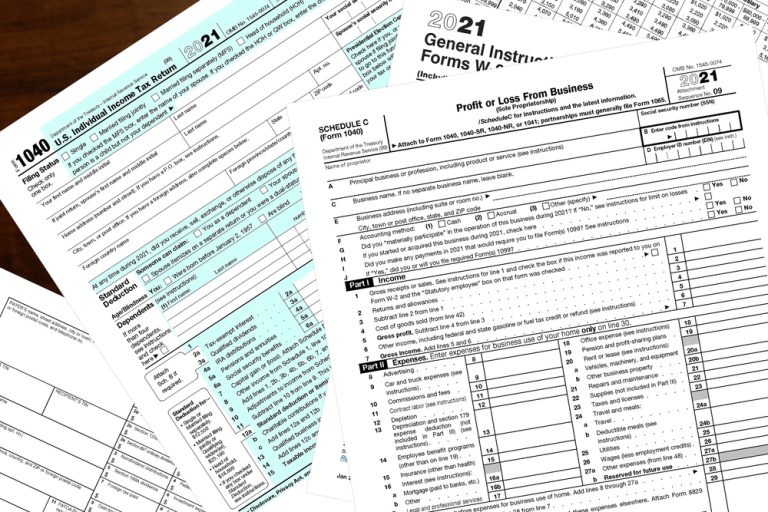Offensive Use of Preclusion Doctrines
Offensive Use of Preclusion Doctrines
Collateral estoppel, like the related doctrine of res judicata, preserves a party’s resources and furthers judicial economy by precluding relitigation of issues decided in a prior proceeding. Parklane Hosiery v. Shore, 439 U.S. 322, 327 (1979); Topps v. State, 865 So. 2d 1253, 1255 (Fla. 2004). Most commonly, it is the defendant that raises collateral estoppel to prevent a plaintiff from rearguing a previously decided issue. Parklane, 439 U.S. at 326 n.4. But a plaintiff may also use the doctrine offensively, seeking to foreclose a defendant from relitigating an issue that was the basis for a prior, adverse judgment. Id. In either instance, the judgment from the first case must be essential to the first adjudication for it to have a collateral estoppel effect. Christo v. Padgett, 223 F.3d 1324, 1339 (11th Cir. 2000); M.C.G. v. Hillsborough County School Bd., 927 So. 2d 224, 226 (2d DCA 2006).
Florida and federal courts diverge significantly in applying collateral estoppel, both in the defensive and offensive contexts. In Florida, unless there is a “mutuality of parties”—i.e., the same parties are bound by the prior judgment—the previous result will not have a preclusive effect. Stogniew v. McQueen, 656 So. 2d 917, 919 (Fla. 1995). Federal courts, in contrast, have abandoned the mutuality requirement altogether. Parklane, 439 U.S. at 327-333. Therefore, a defendant who has previously lost on an issue can be bound by that judgment in later cases involving plaintiffs who played no part in the first case.
The seminal case of Parklane Hosiery v. Shore provides a good illustration of the application of offensive collateral estoppel. At issue in Parklane was a judgment obtained by the Securities and Exchange Commission in an enforcement action against a corporate defendant, resulting in a factual finding that a proxy statement issued in connection to a merger was materially false and misleading. Id. at 324-25. In a separate stockholder’s class action suit against the same defendant, the plaintiffs moved for partial summary judgment on the misleading nature of the proxy statement, which the district court denied. Id. at 325. The Second Circuit reversed, and the Supreme Court granted certiorari. Id. The Court held that the plaintiff was entitled to summary judgment on the factual issues determined in the previous SEC action. Id. at 332-333.
Although holding no reason precluded the offensive use of the SEC judgment in the Parklane case, the Court noted that the offensive collateral estoppel may be unfair to defendants in several situations, and that a trial court should have broad authority in applying it. Id. at 331. For one, because a plaintiff can only gain by standing by and waiting to see if an earlier action involving the defendant results in a favorable judgment, the court held the doctrine was not applicable if the plaintiff could have easily joined in the first case. Id. at 330-331. Nor can it be justified where the basis for the estoppel itself would be inconsistent with a previous favorable judgment the defendant obtained. Id. at 330. For example, if the defendant had succeeded in a suit on the same issue against one plaintiff, and later lost to another, it would make little sense to hold the defendant accountable in all subsequent cases merely based on the adverse judgment.
Other arguments against offensive collateral estoppel are equally applicable in state court. For example, the doctrine may be unjust where the first suit involved small or nominal damages, giving the defendant little incentive to vigorously defend the case, especially when future suits were unforeseeable. Id. at 330. Similarly, if the defendant could use different procedural opportunities unavailable in the first action, applying offensive collateral estoppel could be unfair. Id. at 330-331. These typically would be linked with the forum, which may have previously limited a defendant’s ability to engage in discovery or call witnesses. Id. at 331 n.15. Therefore, although offensive collateral estoppel is a powerful tool for the plaintiff, there are usually compelling arguments why the trial court, in fairness, should not apply it.









